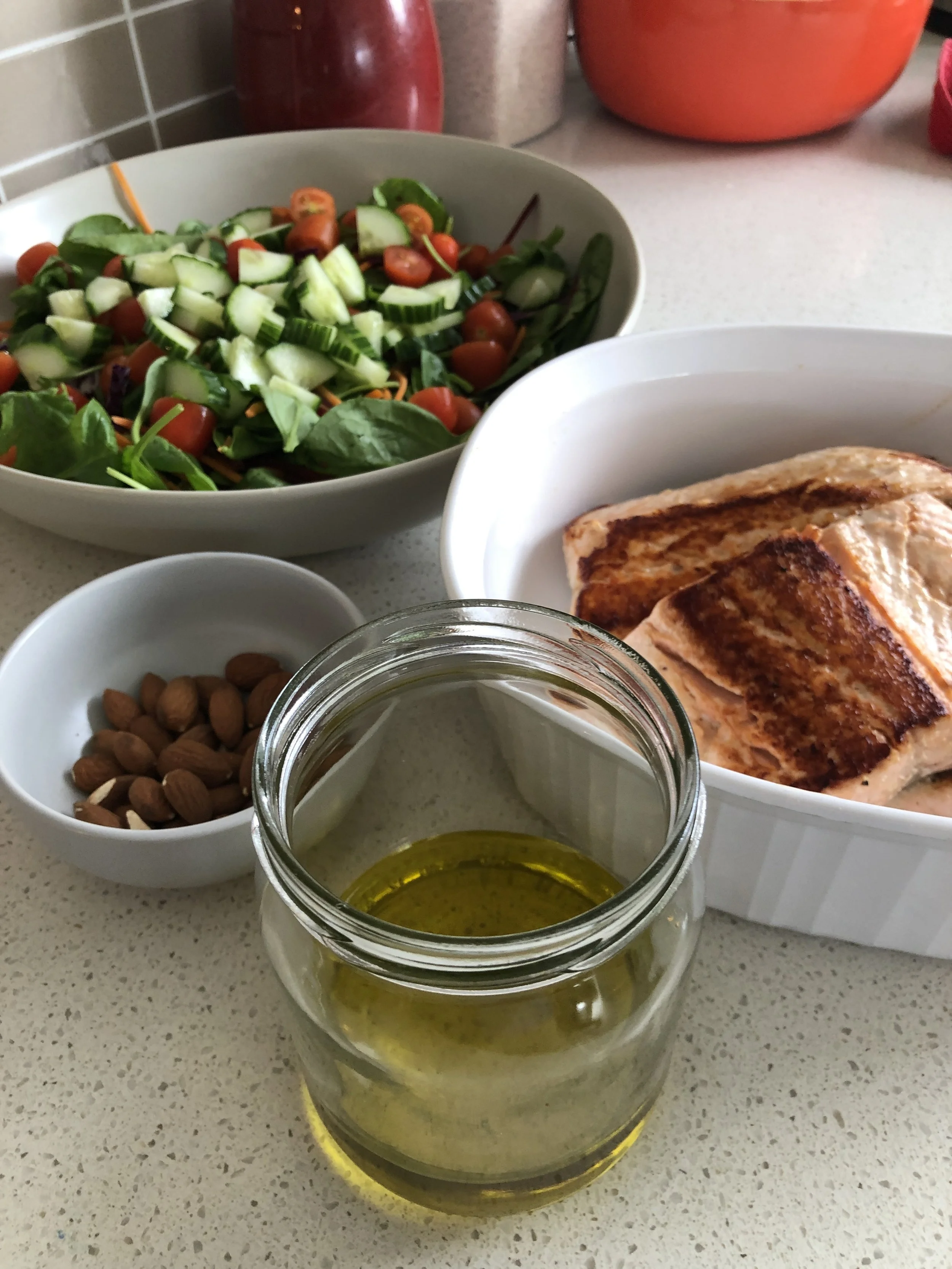Carbohydrate foods like rice, pasta, bread, potatoes, fruit and sugary drinks have sugar as their basic building blocks. These foods are digested and absorbed, raising the blood sugar level. This stimulates a hormone called insulin which clears excess sugar from the bloodstream and facilitates it’s storage as energy in the form of fat. Insulin blocks the release of fat from our fat stores. Having a low amount of dietary carbohydrate allows the insulin levels to stay low enough to allow fat burning and weight loss if desired.
Low carbohydrate diets were most recently popularised in the 1970s by Doctor Robert Atkins a cardiologist, but there is nothing new about low carbohydrate diets. In 1863, William Banting published a letter about his own diet, emphasising the avoidance of saccharine matter, starch, beer, milk and butter. He had learned this diet from Dr William Harvey who had learned it from Claude Bernard in Paris.
Dr Alfred Pennington (1953), Walter Bloom (1965) and Dr Irwin Stillman (1967,) all wrote about reducing carbohydrate in the diet before Atkins did.
My mother told me there was a diet in the 1950s called the DEAMOF Diet. Don’t eat anything made of flour.
Atkins suggested that replacing carbohydrate with any type of fat was satisfactory.
However the Lyon Diet Heart study suggestd that some fats were healthier than others.
Monounsaturated fats found in nuts like almonds, walnuts, and macadamia nuts, olive oil and avocados were found to be healthy as were omega 3 fatty oils found in oily fish like salmon, mackerel, tuna and sardines.
Just as oils ain’t oils, some carbohydrates are healthy for you. These would include fruit and root vegetables, as well as cereals and wholegrain breads and pasta.
So in short, although a low carbohydrate diet might work for you in losing weight, once the weight is stable, a longer term variation to a Mediterranean style diet with less saturated fats like red meat, dairy and butter, and more monounsaturated and omega 3 fats like olive oil avocados nuts and oily fish, along with some fruit and complex carbohydrates would seem like a good way to look after our health.
Remember if you have Diabetes you should not cut the carbohydrates in your diet without consulting your Doctor
If you are take part in high intensity exercise , you need carbohydrates to provide the energy for this exercise . If you reduce the carbohydrates you will be fatigued and be unable to train properly.

